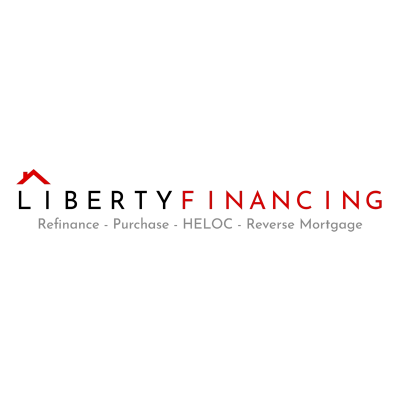5 Factors to Consider Before Selling Your Home to Pay Off Your Mortgage
Deciding to sell your home to pay off a mortgage is a pivotal financial move, fraught with complexities. This article demystifies the process, drawing on the wisdom of industry specialists to guide homeowners through their options. Explore expert-backed strategies that balance financial freedom with long-term investment considerations.
- Weigh Financial Freedom Against Long-Term Asset Value
- Consider Alternatives to Paying Off Mortgage Early
- Explore Renting Out Your Property Instead
- Evaluate Market Conditions and Future Housing Plans
- Prioritize High-Interest Debts and Maintain Financial Reserves
Weigh Financial Freedom Against Long-Term Asset Value
One piece of advice I'd give to someone considering selling their home to pay off their mortgage is to weigh the financial freedom against the long-term value of the asset. Selling can give you a clean slate--no debt, more cash flow--but make sure the sale truly puts you in a stronger position, not just temporarily liquid.
Key factors to consider include your current equity, market conditions, and future housing plans. If home values are strong and you have substantial equity, it could be a great time to sell. But also think about where you'll live next--renting or buying again--and how that fits into your financial goals.
Make sure to run the numbers on taxes, closing costs, and how the sale proceeds will be used. If paying off your mortgage reduces stress and frees up income for smarter investments or retirement planning, it could be a powerful move.
Consider Alternatives to Paying Off Mortgage Early
One piece of advice I would give to someone considering selling their home and paying off their mortgage is to carefully evaluate whether tying up all their equity in a debt-free home is the best financial move. Mortgages are one of the cheapest forms of debt, often with low-interest rates, and paying one off early could mean missing out on higher returns from other investments. Instead of using a large sum of money to pay off the mortgage, those funds could be invested in assets like real estate, stocks, or a business, which have the potential to generate a higher return over time. Additionally, keeping a mortgage allows homeowners to take advantage of tax deductions on interest payments while maintaining liquidity for unexpected expenses or future opportunities. The decision should be influenced by factors such as the interest rate on the mortgage, potential investment returns, cash flow needs, and overall financial goals. In many cases, leveraging the mortgage and keeping money invested elsewhere can be a smarter long-term strategy.
Explore Renting Out Your Property Instead
Before selling your home and paying off your mortgage, consider whether renting it out might be a better financial move--especially if you don't need to cash out all your equity right now. If you have a low-interest rate, holding onto the property can be a smart way to generate passive income, build long-term equity, and take advantage of tax benefits. If you do need access to some of the equity, you could explore refinancing the property before renting it out, ensuring it still cash flows. Working with a solid property manager can help minimize headaches and reduce risk, allowing you to benefit from steady rental income, appreciation, mortgage paydown, and tax advantages while still maintaining ownership of a valuable asset.

Evaluate Market Conditions and Future Housing Plans
If you're considering selling your home and paying off your mortgage, take the time to evaluate your financial situation and long-term plans. Look at how much equity you have, current market conditions, and where you plan to live next. Selling in a strong market could leave you with a good profit, but if home prices are down or mortgage rates are high, finding an affordable replacement home might be tougher than expected.
You'll also want to check if your loan has any prepayment penalties and factor in costs like closing fees, taxes, and moving expenses. If your goal is to be mortgage-free, make sure you have a solid plan for what comes next, whether that's downsizing, renting, or buying another home. Thinking through these details will help you make the best financial move for your situation!

Prioritize High-Interest Debts and Maintain Financial Reserves
The most important piece of advice I can offer is to first consider whether you have other debts. For instance, it might not be wise to pay off a mortgage with a low 3% interest rate if you're carrying $50,000 in credit card debt at a steep 20% interest rate--tackling the higher-interest debt could save you more in the long run. Another key factor is the state of your financial reserves. Will selling your home and paying off the mortgage tie up all your funds in the property, leaving you without a safety net, living paycheck to paycheck? I always recommend maintaining at least a six-month cushion in reserves to ensure you're prepared for unexpected expenses or changes in circumstances.




